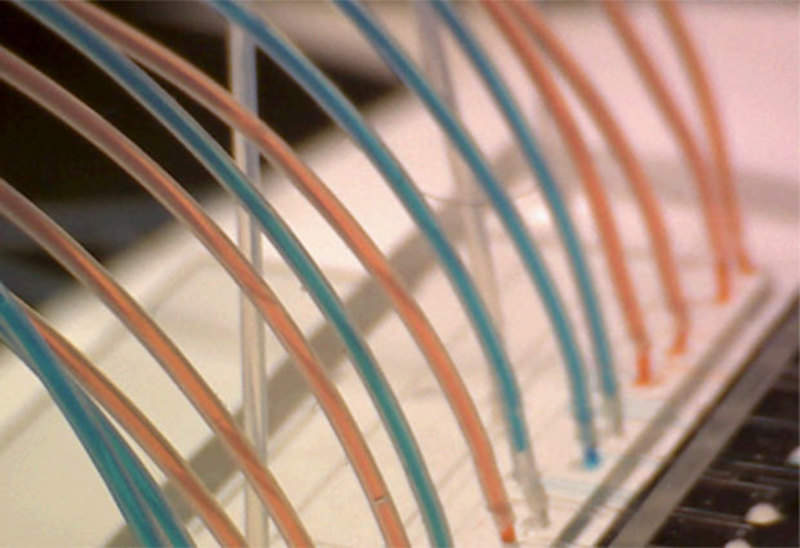
Scientists at the European Molecular Biology Laboratory (EMBL) have developed a new microfluidic device to facilitate fast and inexpensive testing of cancer drugs on tumour cells.
Tumour biopsies are considered as a beneficial means to test medications because specific characteristics of cancer cells will indicate the effectiveness of a drug in individual patients.

Discover B2B Marketing That Performs
Combine business intelligence and editorial excellence to reach engaged professionals across 36 leading media platforms.
As small biopsy size restricts patient specific drug screenings on large scale, the EMBL team created a device that can test more drugs on a limited number of cells.
The scientists tested 56 drug combinations, comprising more than 1,100 treatment conditions, on two different human cancer cell types that were grown in the laboratory.
Some drug combinations which were found to kill both types of cells were believed to be potentially toxic and considered unsafe for additional assessments.
The researchers also observed certain combinations that targeted and killed only one type of cancer cell were more effective when compared to standard therapies comprising single drug.

US Tariffs are shifting - will you react or anticipate?
Don’t let policy changes catch you off guard. Stay proactive with real-time data and expert analysis.
By GlobalDataWhen validated in mouse models of human cancer, the findings are reported to be highly reproducible.
The team further used the microfluidic device to evaluate different drug combinations on biopsies of four cancer patients. They found that each cancer responded best to a different combination, thereby indicating requirement for personalised therapies.
EMBL group leader Christoph Merten said: “Before we transfer this technology into the clinics, we need to repeat these experiments in larger-scale mouse studies to understand which types of cancer this technology works best in.
“Still, this is an exciting ‘proof of principle’ collaboration between scientists and clinicians, and we have shown that these tests can be run quickly and for less than $150 per patient.”
The researchers expect that in the future this testing can be used to identify safe and effective cancer treatment combinations.




